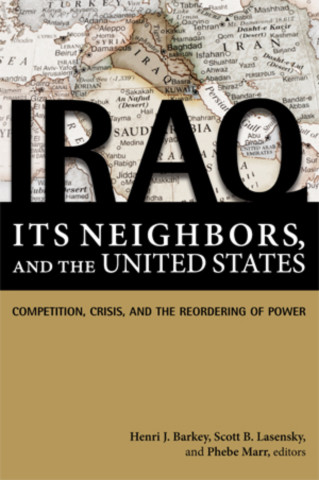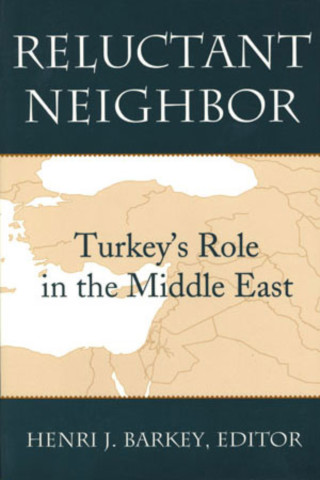Henri J. Barkey
Henri J. Barkey is an adjunct senior fellow for Middle East studies at the Council on Foreign Relations and the Bernard L. and Bertha F. Cohen Chair in International Relations at Lehigh University. At CFR he works on the strategic future of the Kurds in the Middle East. Previously he was the Director of the Middle East Center at the Woodrow Wilson Center for International Scholars (2015-2017). Barkey served as chair of the Department of International Relations at Lehigh University for thirteen years. He served on the State Department Policy Planning Staff (1998-2000) working on the Eastern Mediterranean, the Middle East and intelligence-related issues. He was a non-resident Senior Associate at the Carnegie Endowment for International Peace (2008-2011). Currently he also serves as the chair of the Academic Committee on the Board of Trustees of the American University in Iraq, Sulaimani. He has written extensively on Turkey, the Kurds and other Middle East issues.
Author's Books
Foreword by James A. Baker, III and Lee H. Hamilton
Iraq, Its Neighbors, and the United States examines how Iraq's evolving political order affects its complex relationships with its neighbors and the United States. The book depicts a region unbalanced, shaped by new and old tensions, struggling with a classic collective action dilemma, and anxious about Iraq's political future, as well as America's role in the region, all of which suggest trouble ahead absent concerted efforts to promote regional cooperation. In the volume's case studies, acclaimed scholars and experts review Iraq's bilateral relationships with Turkey, Iran, Saudi Arabia, the Gulf Arab States, Syria, and Jordan and explore how Iraq's neighbors could advance the country's transition to security and stability.
Turkey holds a unique position between East and West, and with the end of the Cold War it has a potential for influence it has not seen since the end of the Ottoman Empire. Freedom from the Russian threat frees it to examine its links with the West, and political change and shifting power in the region afford an opportunity for new relationships with its neighbors in the Near and Middle East.
These thoughtful essays offer a detailed look at Turkey’s prospects in the region —developing economic opportunities, water resource issues, the changing relationship with emerging Central Asian countries, and the Kurdish problem—all in the context of the repercussions of the Gulf War and the ongoing Middle East peace process.
The essays in this volume fill an important gap in the literature on Turkey and the Middle East, bringing together the points of view of scholars, journalists, and other observers from the United States, Europe, Turkey, and the Middle East for an unprecedented dialogue on issues of growing importance.


